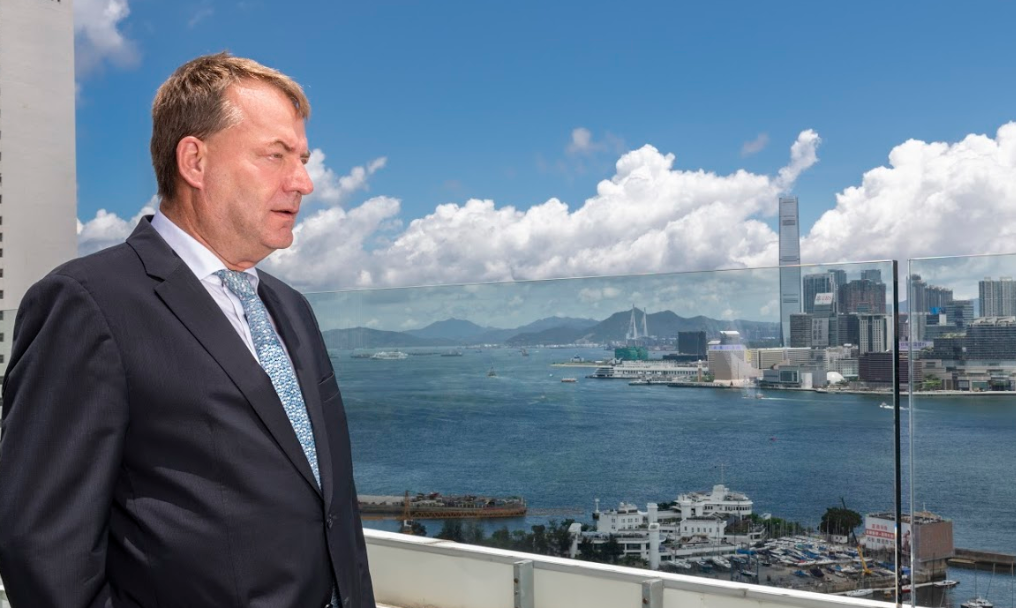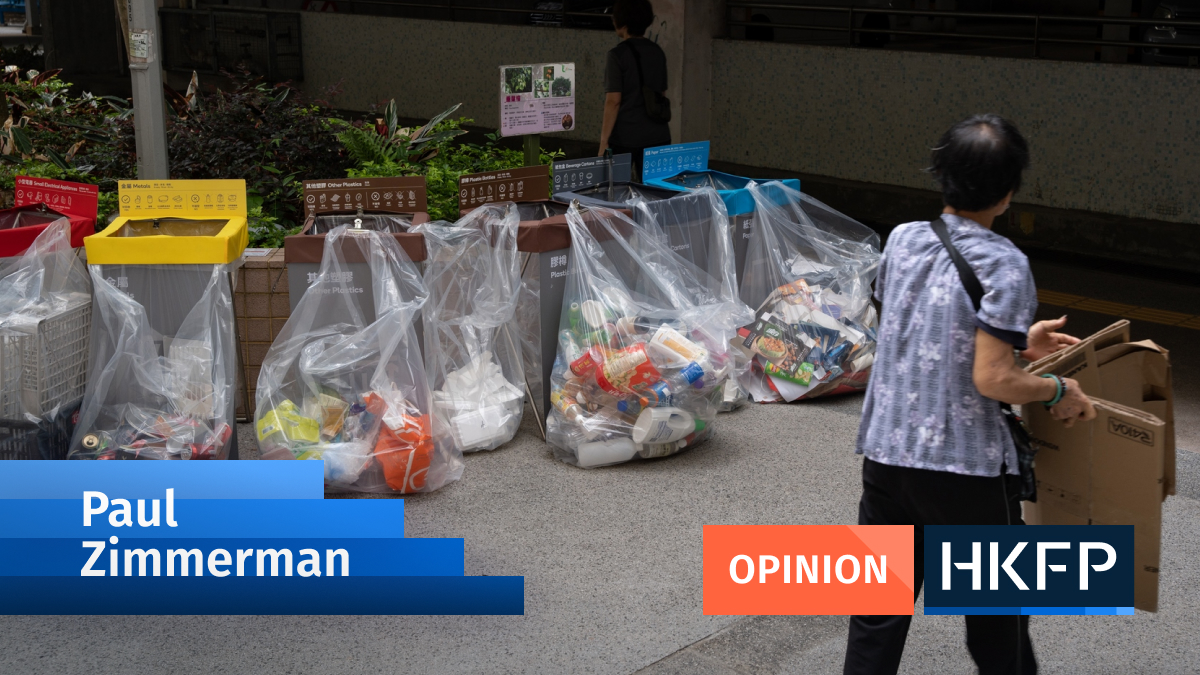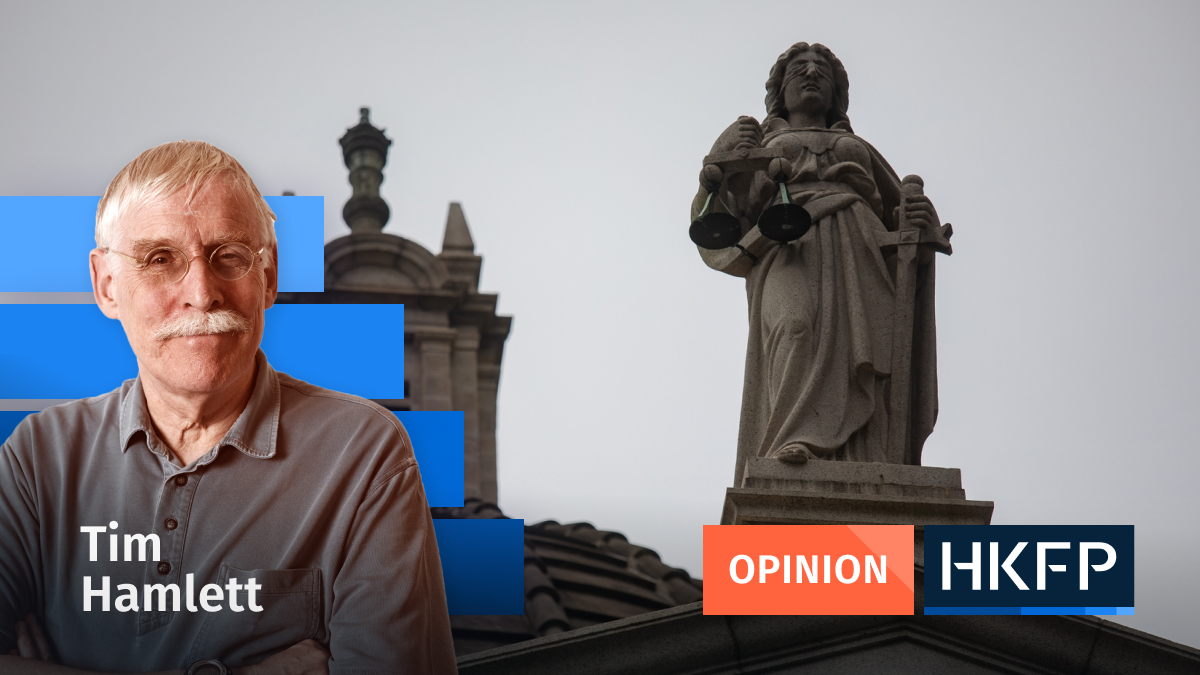By Dieter Lamlé
This year, Germany celebrates the 30th anniversary of the most important event in our recent history: the reunification of East and West Germany on October 3, 1990.
The events that led up to that day would have been unimaginable even to the most ardent optimist a year before, when the Berlin Wall still stood tall as a permanent reminder of the division of Germany and of Europe.

To this day, Germans all over the world are moved when they recall how this separation was overcome. However, there are now younger generations of Germans, including my own children, who never experienced our divided country and who, when walking through Berlin or visiting East Germany, can barely imagine what it was like.
We celebrate the Day of German Unity to remind these young generations and everyone who lived through the transformative events of 1989 and 1990 of the incredible achievement involved in bringing down the wall and negotiating reunification in the months that followed.
It is important to remember how fortunate our country has been since that day. The three mottos of our national anthem “Unity, Rule of Law and Freedom”, which seemed a dream for much of history, have been a reality for Germans over the last 30 years. Today, a unified Germany in a united Europe is surrounded by neighbours who are our friends and partners.
If we think back to 30 years ago, nobody in Germany, Europe, or the world was thinking of or anticipating the reunification of Germany. No one was prepared for such a dramatic event at the heart of Europe. And yet, on November 9, 1989, the people of East Germany tore down the wall. No one shot was fired. The unbelievable happened.
Due to this experience, I became a diplomat and also a very optimistic person, no matter how steep the challenges are. I believe there is a very important lesson for the future in these historic events: Never stop believing in the impossible. In today’s times of political, economic and personal hardship, an optimistic outlook is more important than ever.
The fall of the Berlin Wall and the Two Plus Four Agreement signed on September 12, 1990, paved the way for October 3, 1990, the day when the two German states were officially reunified. It was achieved on the one hand by calls from the people for change and on the other hand by diplomatic negotiations with the Allies of World War II. It was thanks to the trust and support of these countries that German reunification was politically possible. This stands as a testament to what diplomacy, international cooperation and mutual trust can achieve.
The image often conjured in people’s minds when talking about German reunification is that of euphoric crowds celebrating on the Berlin Wall. However, the process of ensuring political, social and economic reunification, and reuniting two parts of a long-divided people, entailed challenges that last to this day.
The social, economic and monetary union led to an unparalleled transformation in the East. Thousands lost their jobs and had to learn how to live in a free market and democratic system which was entirely foreign to them. To this day, economic activity, wages and living standards in the former East Germany lag behind the former West Germany despite high subsidies and reforms over the last decades.

Much work has yet to be done. Reunification is an ongoing process, which remains unfinished and continues to challenge politicians and society. Federal Chancellor Angela Merkel, who was raised in East Germany, highlights the progress achieved while underscoring the unfinished tasks. ”Germany’s unity is not a state of affairs that is wrapped up and completed just once, but is rather a continual process — a constant mission that affects all Germans.”
The united Germany has put international cooperation, multilateralism and a rule-based international order at the heart of its foreign policy, and it has a vested interest in the development of the Asia-Pacific region including Hong Kong. Economic and cultural connections between Germany and the Hong Kong SAR have always been strong.
Germany raised its concerns about the effects of the national security law on several occasions. With over 600 of its companies based in the city, Germany is the main trading partner of Hong Kong within the European Union, with imports worth 1.4 billion euros (HK$12.67 billion) from Hong Kong and exports of 5.9 billion euros (HK$53.38 billion) to the city.
German companies are adapting their strategies to the new reality. The majority wish to stay in Hong Kong; only a very few number of companies have decided to move. They need the unique Hong Kong system based on the One country, Two systems principle, including fundamental freedoms, a free press, an independent judiciary and the rule of law.

Cultural institutions such as the Goethe-Institut Hongkong, which offers German-language courses and a multifarious cultural programme, and the German Swiss International School, which provides a German education in an international environment, strengthen cultural understanding on an individual level.
Likewise, the young people of Germany and Hong Kong are connected thanks to university exchange programmes and scholarships as well as the Working Holiday Scheme, which gives young people the opportunity to work and live in Germany for a year.
The two-week cultural festival “Projekt Berlin” held in Tai Kwun last year was the biggest German cultural event in Hong Kong in the last decade and enabled people to experience and enjoy German culture in their own city. We hope to repeat a similar cultural event next year.
It is in the DNA of Hong Kong to bounce back and to come out of a difficult situation even stronger than before. I wish the people of Hong Kong all the best in these challenging times.
Dieter Lamlé is the Consul General of the Federal Republic of Germany in Hong Kong.
Support HKFP | Policies & Ethics | Error/typo? | Contact Us | Newsletter | Transparency & Annual Report | Apps
Help safeguard press freedom & keep HKFP free for all readers by supporting our team
| HKFP is an impartial platform & does not necessarily share the views of opinion writers or advertisers. HKFP presents a diversity of views & regularly invites figures across the political spectrum to write for us. Press freedom is guaranteed under the Basic Law, security law, Bill of Rights and Chinese constitution. Opinion pieces aim to point out errors or defects in the government, law or policies, or aim to suggest ideas or alterations via legal means without an intention of hatred, discontent or hostility against the authorities or other communities. |

More HKFP OPINION:
HKFP has an impartial stance, transparent funding, and balanced coverage guided by an Ethics Code and Corrections Policy.
Support press freedom & help us surpass 1,000 monthly Patrons: 100% independent, governed by an ethics code & not-for-profit.










